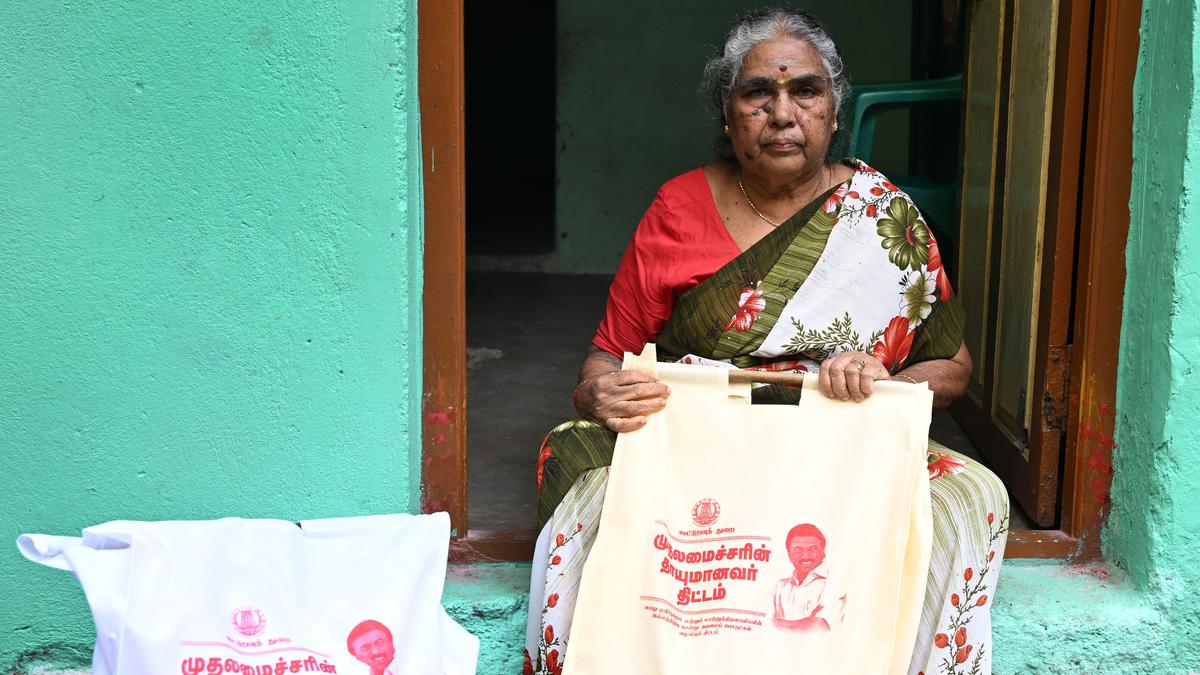Now Reading: Doorstep Delivery of Ration Launched
-
01
Doorstep Delivery of Ration Launched
Doorstep Delivery of Ration Launched

Fast Summary
- On August 12, 2025, Tamil Nadu Chief Minister M.K. Stalin launched the Thayumanavar Thittam scheme to provide ration products at home for senior citizens adn persons with disabilities.
- The scheme costs ₹30.16 crore and aims to benefit approximately 20.4 lakh senior citizens and 1.3 lakh persons with disabilities across the state.
- A trial run was conducted in July across 10 districts, including Chennai.
- Tamil Nadu operates a worldwide public distribution system (PDS), with nearly 95% of fair price shops managed by cooperative societies, contrasting national practices involving private dealers.
- Tamil Nadu has established mobile fair price shops (2,495 total) for people in remote areas; similar efforts were seen during the AIADMK regime under COVID-era initiatives.
- Other states such as Kerala (Oppom scheme), Karnataka (Anna Suvidha scheme), Punjab, Delhi, and Andhra Pradesh have implemented variants of doorstep ration delivery-though some faced challenges due to execution problems or political shifts.
- The Union government stated there is “no provision” under the National Food Security Act for doorstep foodgrain delivery but acknowledged states can formulate their own schemes per Section 32(1).
- Opposition parties responded variably: DMDK’s Premalatha Vijayakant appreciated the initiative but noted similarities with past promises by her party; AMMK’s T.T.V. Dhinakaran criticized its timing ahead of elections and pointed out unfulfilled DMK promises under PDS reforms.
Indian Opinion Analysis
The Thayumanavar Thittam reflects Tamil Nadu’s proactive approach towards ensuring inclusivity in food security through localized innovations like doorstep delivery within its well-established universal PDS framework. Compared to other states’ experiences-which range from prosperous implementation to reversals due to political turbulence-the continuity seen in Tamil Nadu’s welfare-oriented policies may bolster social equity among vulnerable populations such as the elderly and disabled.
Though, efficient implementation will be crucial for success given the scale of beneficiaries involved-effective coordination between officials will likely determine outcomes. While opposition criticisms about timing ahead of elections may hold some merit politically, it does not detract from its potential social impact if executed transparently.
This initiative reaffirms that India’s federal structure allows states versatility over welfare schemes beyond centrally mandated frameworks-a principle acknowledged though ambiguously stated by union remarks on legal provisions under NFSA.
Read more: Link























